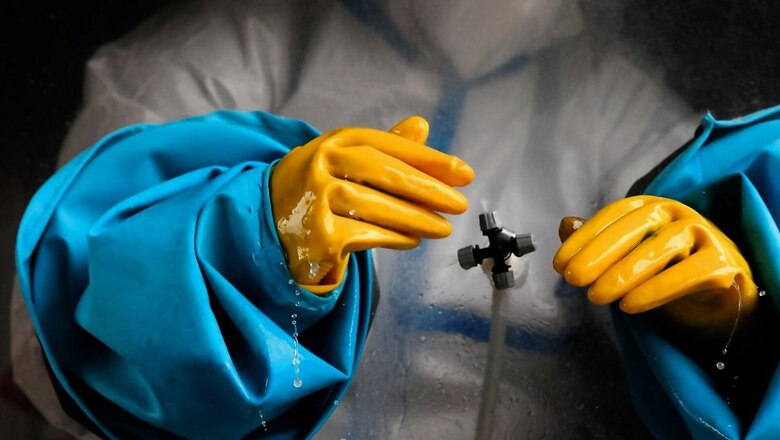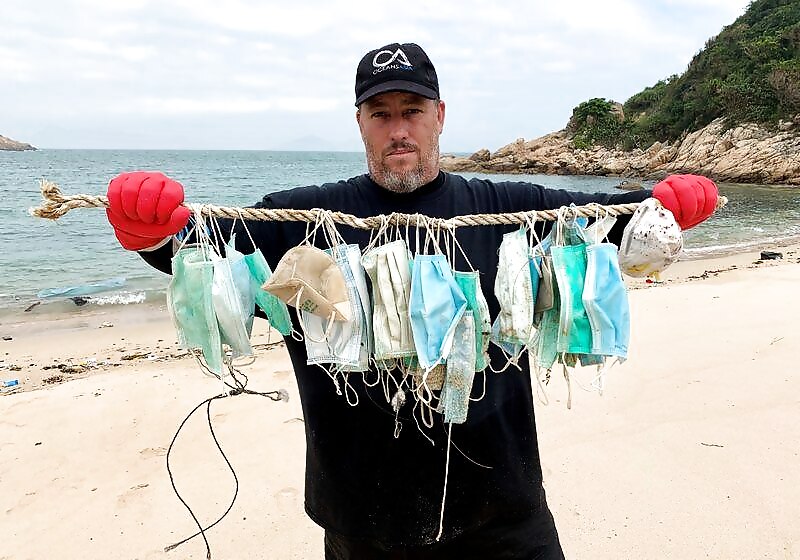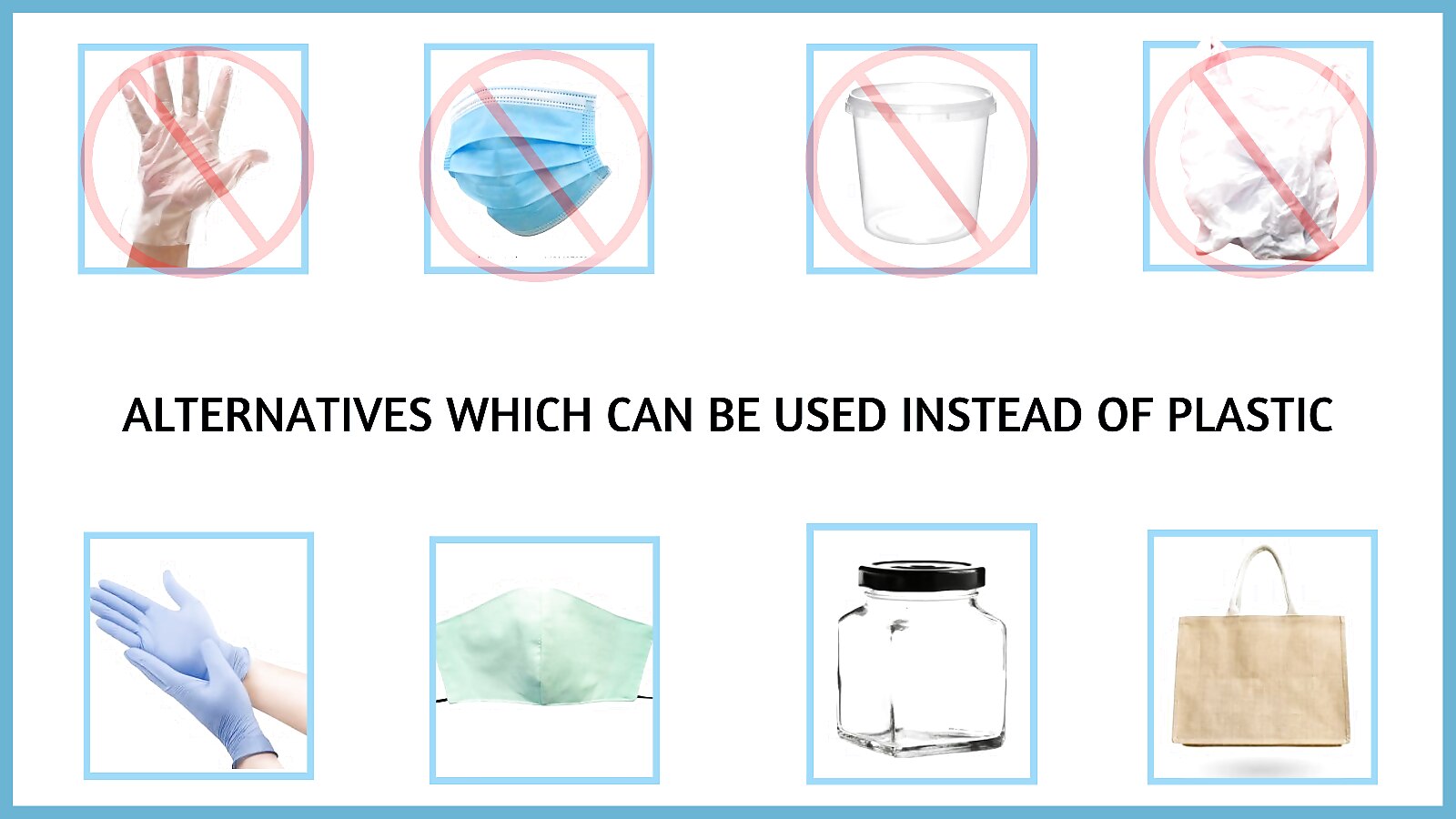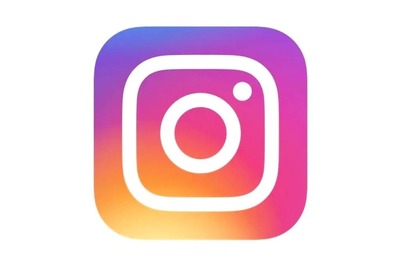
views
India has now banned several single-use plastic products – including plastic straws, disposable cutlery, and earbuds – among some keenly used items.
Single-use plastic products (SUPPs) may be convenient for us to use, but they are a serious threat to the environment and our health. Some of their detrimental effects include the creation of microplastics, plastic-contamination of seafood, and the toxins released after burning. And unfortunately, the onset of the Covid-19 pandemic saw an increase in the consumption of single-use plastic.

The most commonly used products during the pandemic were clear plastic gloves, disposable masks, PPE kits and increase in food packaging.
And the rise in consumption of plastic gloves was not only bad for the environment. According to the WHO, gloves also risk transferring germs from one surface to another, contaminating your hands when you remove them, which defeats the only purpose it seemingly served.
Surgical masks or disposable masks are made of plastic and are a huge contributor to plastic waste. It has now been widely documented that disposable masks also contribute to the release of chemical pollutants and nano-plastics into the environment.

According to research carried out by nih.gov, Covid-19 had changed consumer behaviour related to food purchases and food packaging. Online purchases for home delivery led to an increase in the use of food packaging (mostly non-biodegradable or non-renewable). “The fear of contamination with SARS-CoV-2 through contact with materials and surfaces led to an intensified disposal of food packaging, promoting a setback in waste management,” the report said.

PPE kits, another item contributing to plastic waste was an essential asset during the pandemic with no viable alternatives. But, the environment effect of its consumption was detrimental due to negligence in waste management.
According to a report by DownToEarth, due to the inherent risks of Covid-19 Litter, the CPCB (Central Pollution Control Board) categorised it as hazardous biomedical waste.
The biggest problem recognised was waste segregation and identifying the various sources through which Covid-19 waste came from. The BMW Management Rules requires a colour-coded segregation system for waste disposal. In treatment facilities, waste in red and blue bags or white containers were channelised for recycling and sterilisation. A small part of yellow bags were sent for incineration. But, no such protocol was followed by home care facilities. These centres were sent only yellow bags, as a result PPE kits, gloves, masks with food waste etc were sent for incineration. A high quantity of plastic waste was incinerated.
“Incineration of medical waste which is mostly plastic is not recommended as it contributes to the release of Green House Gases, as well as potentially dangerous compounds such as heavy metals, dioxins, PCBs and furans,” the government has stated earlier in its research.

Not just in India, the influx of single-use plastic during the Covid-19 pandemic had a global repercussion.
When volunteers were removing garbage from canals crisscrossing the Dutch city of Leiden, they were not prepared for what they would find: A finger-size perch trapped in the thumb of a disposable medical glove, where it died.
The heart-wrenching image went viral, but is only one documented case among so many millions reflecting the damaging effects of Covid-19 and use of plastic in the environment. A biologist from the Netherlands involved in the clean-up shared the image from his Twitter handle as well. Take a look:
Verder vonden onze vrijwilligers een baars verstrikt in een corona handschoentje. De vondst werd wetenschappelijk beschreven en het beeld ging de hele wereld over, van The Guardian tot CNN, zelfs National Geographic pikte het verhaal op en schreef over de clean-ups in Leiden. ????pic.twitter.com/znFjHxLYRk
— Auke-Florian (@AukeFlorian) July 13, 2021

The ban of several items that comes under single-use plastic is a step towards environmental restoration but certain conscious decisions can be taken by using sustainable alternatives. Some of these:
- Latex gloves instead of plastic gloves. Latex is not recyclable but is biodegradable, they are made from the sap of rubber trees. But, appropriate waste management is needed for it as well.
- For low risk areas, cloth masks are a better alternative than surgical masks. But, experts suggest wearing N-95 masks during surge in cases.
- In daily life, some fundamental changes in behaviour can make a huge difference: Plastic Bags can be substituted with paper or jute bags and plastic containers with Glass containers, and carrying your own bottle to avoid buying plastic bottles.

Read all the Latest News, Breaking News, watch Top Videos and Live TV here.




















Comments
0 comment